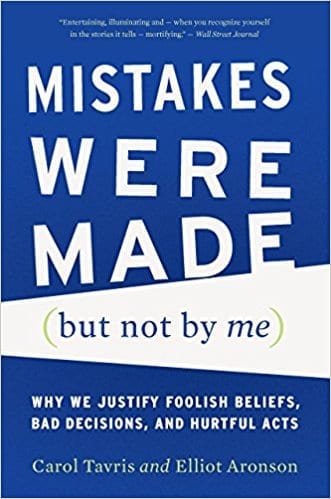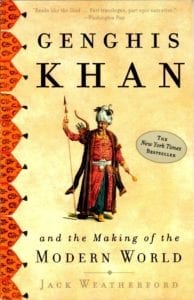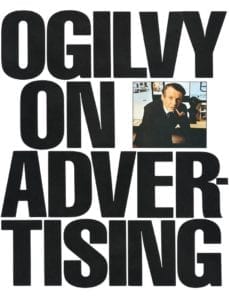Mistakes Were Made (But Not by Me)
My Thoughts
Ever wonder how someone can be taking an obviously wrong direction in their life, justify it, and keep going down that road? It’s so easy to see this in others, whether they are friends, co-workers, or celebrities. But it’s so hard to see when we are doing it to ourselves.
Mistakes Were Made (But Not by Me) covers the reasons why we justify ourselves. The authors, Carol Tavris and Elliot Aronson, say the engine of self-justification is cognitive dissonance, defined as:
“a state of tension that occurs whenever a person holds to cognitions (ideas, attitudes, beliefs, opinions) that are psychologically inconsistent…”
Generally, we do not want to live in this tension, so if we have done an act that is against our perception of ourself, we seek to justify the act. If we believe innocence or guilt based upon the first hearing of a story, it will be hard to change our judgement later in the presence of facts. If we follow a leader we think is one way and turns out to be another way, many times, we’ll double down on following the leader so as not to admit to making the initial mistake. These acts of justification can start out innocent yet lead to monstrous results.
The authors present a way around this in seeking to separate the action from the person. They give an example of a soldier who tortured Iraqi prisoners in the Abu Grhaib prison in 2003. He now goes around and speaks to students about what he did. He’s doing the opposite of self-justification. He’s confessing. But he does it by speaking in the past tense. “I tortured.” He does not say “I am a torturer.” He separated the action from who he is and who he wants to be. The authors say that this process is necessary to clear the dissonance and get to the other side.
I was struck again by a common topic in many of the Books of Titans books. The idea of mindful living each day. The idea that small, seemingly insignificant choices we make on a daily basis can lead us down wonderful or terrifying paths. The idea that person integrity when no one is looking really matters. The idea that if you make the right choice at the beginning, the need for self-justification and the ensuing cognitive dissonance will not have such a hold on our lives.



